Deputy President Rigathi Gachagua Faces Senate Censure Motion
The political corridors of Kenya are abuzz with the latest development involving Deputy President Rigathi Gachagua. Tana River Senator Danson Mungatana has introduced a censure motion in the Senate, aiming to express formal disapproval of Gachagua's recent conduct. This motion, distinct from an impeachment, seeks to highlight and condemn what Mungatana describes as behavior unbecoming of a high-ranking state official. The allegations pinpoint Gachagua's public statements, which reportedly marginalize specific populations, stir ethnic tensions, and spur citizens to defy lawful orders issued by county governments.
Allegations Against Gachagua
Gachagua's remarks that have raised eyebrows and criticism cover a range of topics, primarily focusing on employment opportunities and the distribution of resources to devolved units. According to Mungatana, these comments not only violate constitutional principles but also have the potential to damage the social fabric of Kenya. He cited several instances where Gachagua's utterances seemed to ignite discord among various ethnic communities, directly challenging the nation's core values and governance structures envisioned in the Kenyan constitution.
Section 75 Violations
One primary legal basis for the censure motion is Gachagua's alleged violation of Article 75 of the constitution of Kenya. This article sets forth the expectations for the conduct of state officers, emphasising the need for respect and integrity. Mungatana argues that Gachagua's actions have demeaned the office of the Deputy President and undermined public confidence in the state's leadership. The gravity of these accusations underscores the symbolic and practical importance of the Senate's upcoming deliberations.
Political Backing and Consequences
The censure motion has garnered notable support, including from Deputy Speaker Gladys Boss Shollei, who has publicly stated her approval and commitment to overseeing the proceedings personally. Such backing likely indicates that the motion will be taken seriously within the Senate, with potentially significant ramifications for Gachagua's political career, regardless of its outcome. This is further complicated by the involvement of prominent figures such as Francis Atwoli, Secretary-General of the Central Organization of Trade Unions (COTU), who has called for Gachagua's arrest for allegedly undermining President William Ruto.
At the heart of this controversy is a series of insinuations made by Gachagua, hinting at President Ruto's involvement in his present political challenges. This has further intensified the scrutiny on his conduct, with political analysts speculating on the broader implications for the current administration's stability and unity. As these debates unfold within the Senate, all eyes are watching to see whether the motion will gain enough traction to impact Gachagua's position significantly.
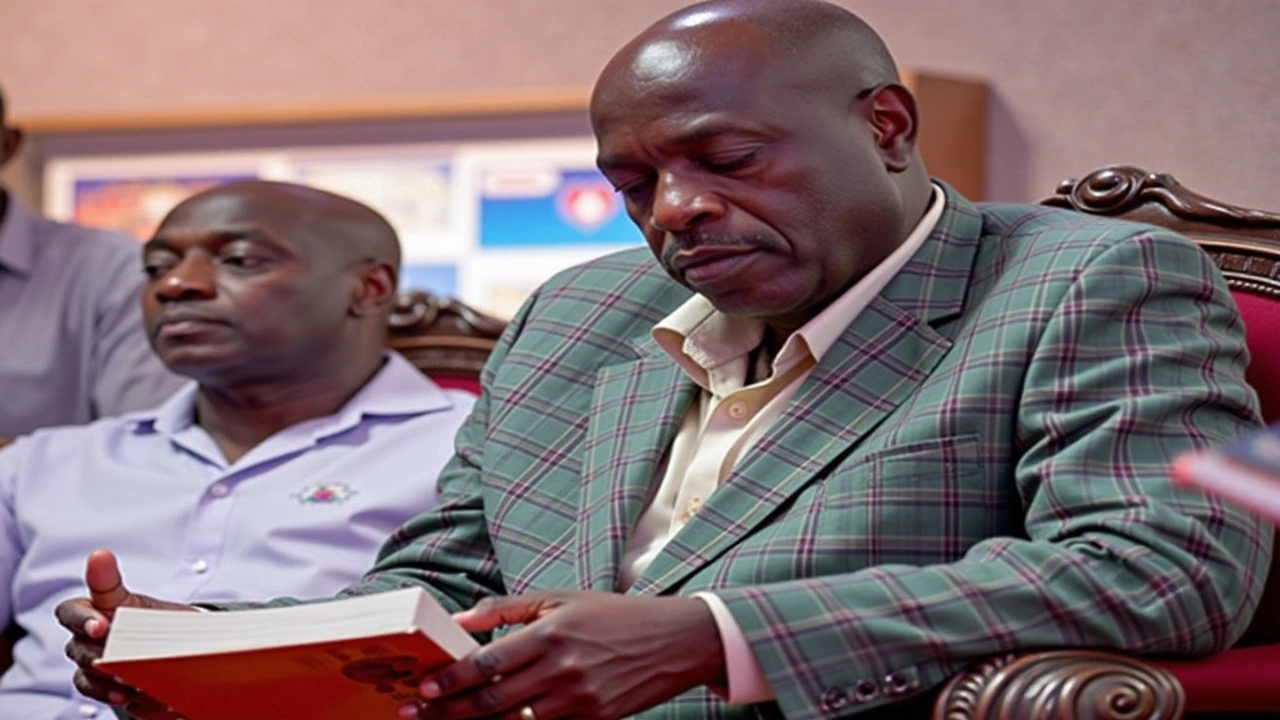
The Broader Political Landscape
This censure motion is not occurring in isolation but rather within a larger political context characterized by heightened tensions and deep-seated divisions. Such controversies have the potential to alter the political dynamics in Kenya, potentially reshaping alliances and power structures. It is also a reflection of the struggles within the ruling coalition, revealing underlying fractures that could have long-standing consequences.
Ethnic Tensions and Governance Challenges
One of the most critical issues highlighted by this motion is the persistent challenge of managing ethnic diversity within Kenya. Gachagua's comments, as per the allegations, have further exacerbated these tensions, highlighting how sensitive and volatile ethnic relations can become when not handled with care. The accusations point to a broader governance problem that necessitates a careful balance between national unity and the equitable distribution of resources and opportunities among the diverse ethnic groups in the country.
Employment in public service and resource allocation are perennial issues in Kenya, often intertwined with ethnic considerations. The allegations against Gachagua suggest that his remarks on these topics have been particularly divisive, further polarizing an already fragmented society. As the Senate considers the censure motion, these underlying issues are likely to feature prominently in the discussions, reflecting the broader societal concerns that go beyond the political theater.
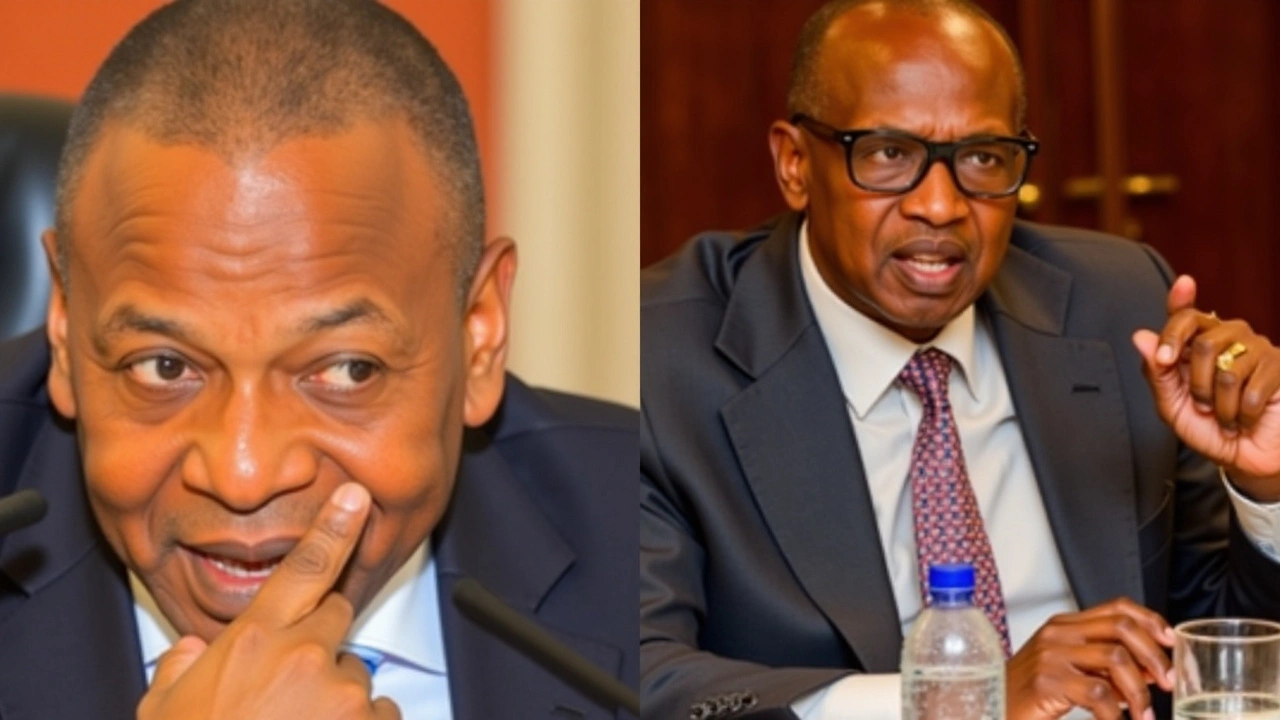
Public Reaction and Media Scrutiny
The censure motion against Gachagua has not gone unnoticed by the public and media alike. News outlets and social media platforms are flooded with analyses and opinions on the matter, with many commentators weighing in on the potential outcomes. Public opinion appears to be divided, with some supporting the move to censure Gachagua, viewing it as a necessary step to uphold ethical standards in public office. Others, however, see it as a political maneuvering and are cautioning against any actions that might destabilize the government further.
Media scrutiny is playing a crucial role in shaping the narrative around this controversy, bringing to light the various facets of the allegations and their broader implications. The intense coverage reflects the high stakes involved and the public's vested interest in the accountability and transparency of their leaders. Analysts are keen to see how the media's portrayal of the events and the ongoing debates within the Senate might influence public sentiment and, subsequently, the political landscape.
Future Implications
The outcome of the Senate's deliberations on this censure motion could set a precedent for how such matters are handled in the future. If the motion is passed, it will send a strong signal about the seriousness with which ethical conduct is regarded in Kenya's political sphere. It might also prompt other political figures to exercise greater caution in their public statements and actions, knowing that there could be substantial consequences. On the other hand, if the motion fails, it could embolden others to engage in similar conduct, potentially leading to further erosion of public trust in the political system.
Regardless of the immediate outcome, the discussions around this censure motion will likely continue to reverberate through Kenya's political discourse for some time. It raises important questions about leadership, accountability, and the role of elected officials in fostering a cohesive and inclusive society. As Kenya navigates these challenges, the lessons learned from this episode could prove pivotal in shaping its democratic processes and governance frameworks.

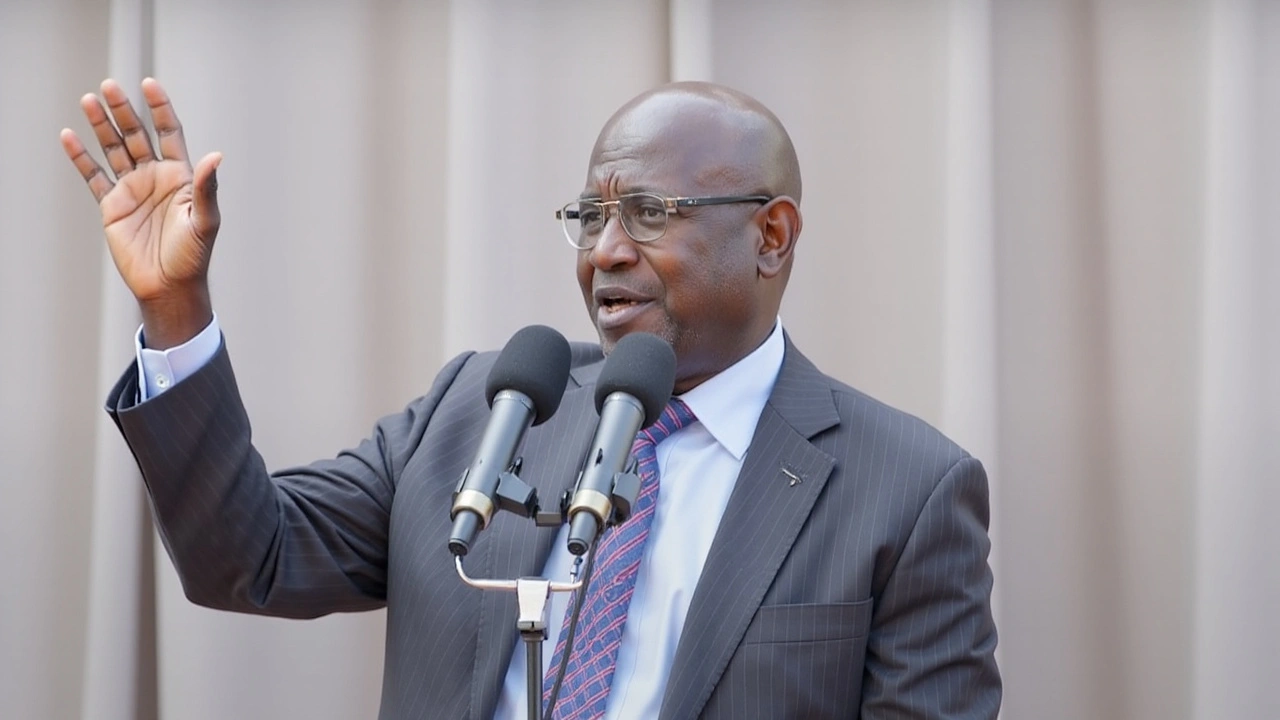
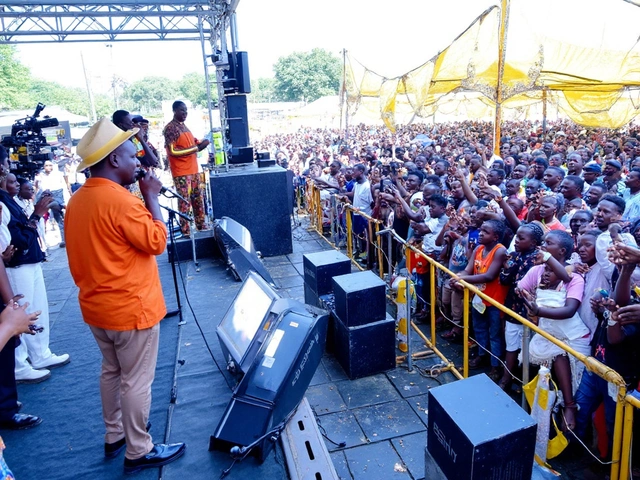
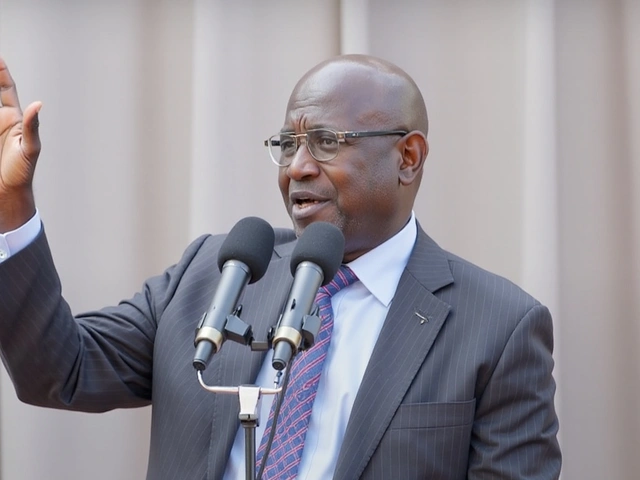
Comments
Wow the senate drama is wild 🙃 Gachagua really stirred the pot
When a deputy tries to rewrite the social contract the nation feels the tremor of broken promise
Let’s be clear the censure motion is just a political stunt because the real issue is that Gachagua’s rhetoric has always been a calculated move to polarize voters and distract from the economic failures that have plagued Kenya for years.
First, it is essential to understand the constitutional framework that guides the conduct of public officials in Kenya. Article 75 sets a high standard for respect and integrity, and any deviation can erode public trust. The censure motion, while not a removal mechanism, signals a collective concern from the Senate about the deputy president’s statements. These statements, as reported, have touched on sensitive ethnic issues and resource allocation, which are historically volatile topics. When leaders use language that appears to favor one group over another, it can intensify existing tensions rather than promote unity. Moreover, the involvement of influential figures such as the deputy speaker and labor union heads adds weight to the proceedings. Their support suggests that the motion is not merely symbolic but could have practical consequences for governance. It also reflects broader fractures within the ruling coalition that have been simmering beneath the surface. The media’s role in amplifying the debate cannot be overstated, as constant coverage keeps the public informed and engaged. Public opinion is divided, with some seeing the censure as necessary accountability and others viewing it as political maneuvering. Regardless of the outcome, the process itself offers an opportunity for Kenya to reaffirm its commitment to constitutionalism. It encourages a dialogue about how public officials should communicate on sensitive topics. It also serves as a reminder that the rule of law and institutional checks are vital in a healthy democracy. Moving forward, policymakers should prioritize inclusive language and equitable policy design to avoid fueling division. Finally, the lessons learned from this episode could help shape future standards for political discourse and strengthen democratic resilience.
Kenya needs leaders who unite not divide 😡
While emotions run high it is important to keep the conversation focused on facts and constructive solutions rather than personal attacks
Hey folks!!! The censure motion is a serious constitutional tool, and we should look at the exact wording of Article 75, the precedents set by past censure cases, and the potential impact on policy implementation!!! This is not just a political drama, it’s about preserving the integrity of our institutions!!!
Indeed!!! The Senate floor becomes a stage where destiny is written, and each utterance echoes through the valleys of the nation!!! Let’s watch closely and hope wisdom prevails!!!